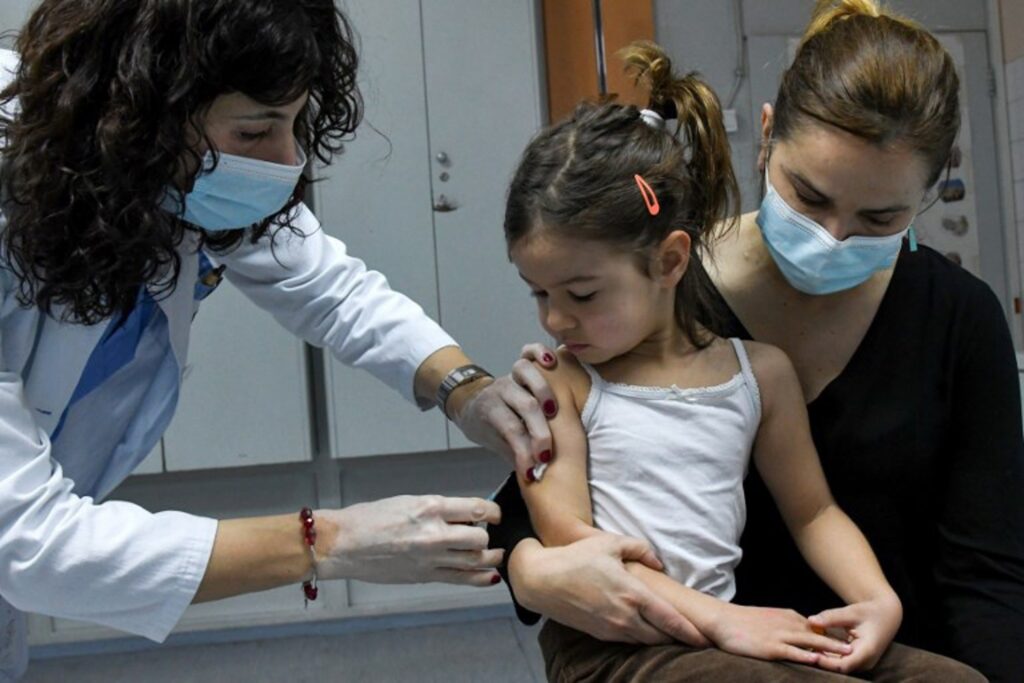The World Health Organisation (WHO) has warned that measles cases in Europe are continuing to rise at alarming rates.
There were 56,634 measles cases and four deaths across 45 of the 53 countries in the WHO's European Region (extending into Central Asia). This is 5,000 fewer cases than the total amount in 2023 (61,070 cases and 13 deaths across 41 countries).
The figures from these three months are 60 times higher than the overall number of cases in 2022, when there were 941 across the whole year. "Even one measles case should be an urgent call to action," commented Dr Hans Henri P. Kluge, the WHO's Regional Director for Europe.
"I urge all countries to take immediate action, even where overall immunisation coverage is high, to vaccinate the vulnerable, close the immunity gaps and thereby prevent the virus from taking hold in any community," he said.
Not enough vaccinations
While the highly contagious viral disease is often harmless, it can lead to serious respiratory and neurological complications. It primarily affects children, but not exclusively: in 2023, nearly half the cases involved children under the age of five. More than three quarters of this group had not received any measles vaccination dose.
According to the WHO, this patterns suggests that a growing number of children missed routine vaccinations for measles and other preventable diseases during the Covid-19 pandemic. The organisation noted that measles had previously been eradicated in 27 out of 33 of its Member States before the latest surge in cases.
The hardest hit countries are Kazakhstan, Azerbaijan and Russia, with over 36,000, 28,000 and 18,000 cases, respectively, between April 2023 and March 2024. The UK has experienced the most prominent resurgence in Western Europe, reporting 456 cases in the same time period. The country considered measles to be eliminated in 2021.
Globally, there were over 300,000 measles cases reported in 2023.

